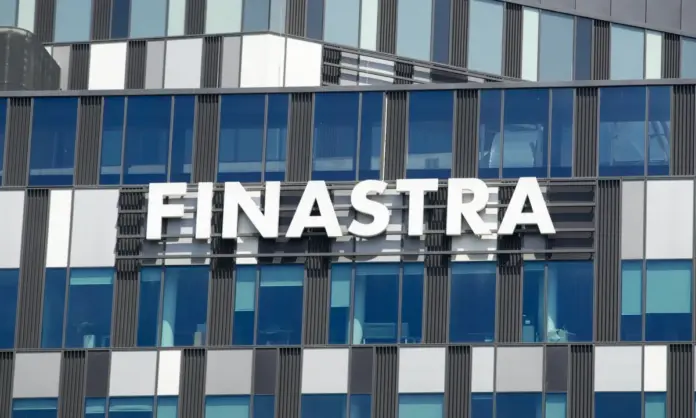Apax Partners, a seasoned private equity fund focused on investing in software, has signed an agreement to buy the Treasury and Capital Markets (TCM) business from Finastra. As a result of the transaction, worth about $2 billion including debt, Finastra is adjusting its strategy to concentrate on its core financial technology businesses.
A Strategic Shift in Focus
It was announced on May 19, 2025 that the deal will allow Finastra to focus more heavily on its main financial software solutions. According to Chris Walters, Finastra’s CEO, this important sale supports the company’s growth plans going forward. He said that the capital gained from selling Ripple will be directed into improving Finastra’s main banking, lending and payments software.
The Treasury and Capital Markets unit at Finastra serves 340 worldwide financial institutions by giving them important tools for risk, compliance and capital markets operations. Kondor, Summit and are the main software offerings from the company.
Also read : Coreweave Stock Hits $108.50 After Citi Price Target Hike and OpenAI Deal
TCM to Operate as Independent Business Under Apax
After the sale is complete, the TCM business will be taken out and renamed as a standalone business. Apax Partners’ investment fund will aid the unit in advancing by introducing new technology, hiring experts, and boosting visitor relationships.
With more than 25 years of experience, Apax has helped software companies scale and has invested in Paycor HCM, IBS Software, EcoOnline, and Azentio. Jason Wright, a partner at Apax, believes TCM will continue to grow and expand overseas, thanks to many chances for innovation. He said that the company aims to support TCM in focusing and excelling as a separate force in the treasury and capital markets sector.
Benefits for Both Parties
By divesting, Finastra will be able to focus more strongly on its top products, such as cloud banking, payments tech, and financial analytics. As Finastra invests more in these areas, it is working to improve its flexibility and drive new developments within financial technology.
Apax sees TCM, a flourishing, mature software company, as an appealing acquisition target. Improving product features, going globa,l and actively working to improve what they do are ways the firm looks to create value. Because Apax has dealt with many successful software companies in the past, analysts believe TCM will do well under new management.
Industry Context and Market Implications
Consolidation and specialization are two trends growing stronger in the fintech industry, and this sale is a part of that process. Because financial institutions want to work with adaptable cloud solutions, software vendors are expected to design solutions that save time and money. It’s common for big fintech companies to raise money by selling assets not closely linked to their core businesses.
It was clever of Finasstra to part with its treasury division in this situation. Already, the company has spent significant amounts on open banking systems, instant payment facilities and API-based services, which all have great opportunity for expansion.Meanwhile, by spinning off TCM, it avoids spreading resources thin across too many verticals.
Also read : No Tax on Tips Bill Passed: What It Means for U.S. Service Workers
Looking Ahead
Normal regulatory approvals and meeting closing requirements will decide the completion of the transaction in the first half of 2026. Once done, it will mean private equity has contributed to one of the year’s biggest fintech divestitures, proving their increasing impact on the financial software industry.
The acquisition will help Finastra achieve a sharper business plan and the funds it needs for its future plans. Apax will hold a leadership role in treasury management thanks to the platform, its global customers and dependable recurring income. Clients of the TCM business believe the merger will encourage more investment, cause faster innovations and improvie on how products are designed.








